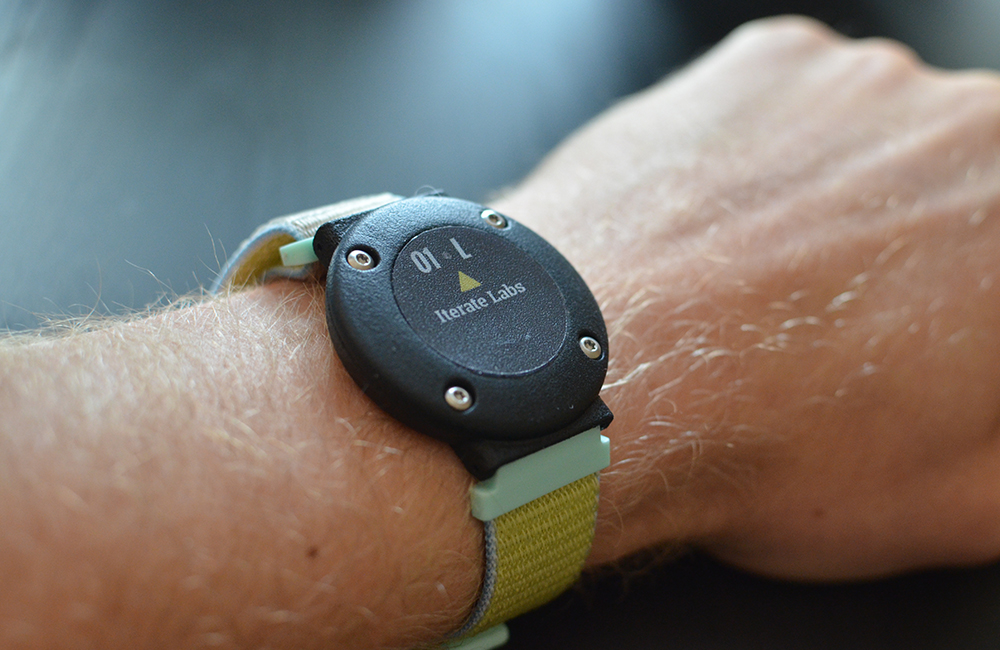Iterate Labs, a startup with Cornell beginnings that uses wearable sensors and computer vision to drive factory production and worker safety, has obtained $1 million in seed funding to support the company’s growth.
The funding award was led by Monozukuri Ventures, a specialized investor in hardware and manufacturing technology companies, with co-investor Tyson Ventures, the venture capital arm of food industry giant Tyson Foods, among others.
The company has a unique artificial intelligence technology that performs human activity recognition and analysis on hundreds of processes and thousands of workers to generate valuable real-time insights on operational performance and safety.
Its technology is capable of monitoring fatigue at the individual worker level, identifying workers at risk of injury, and pinpointing whether an operating line is underperforming and why.
“Iterate Labs’ technology is paving the way for AI to play an important role in the factory of the future. Its solutions have the potential to make a big impact on the quality of life of workers while supercharging production and revenue for manufacturers,” said Apoorva Kiran, Ph.D. ’18, co-founder and CTO.
Seed funding will support scaling of Iterate Labs’ current customers, new customer acquisition and investment in sales and engineering resources to support growth. Amid the challenging environment for businesses brought on by the COVID-19 pandemic, the company has been successful in growing its customer base over the last year.
“We have been able to leverage every aspect of the Cornell entrepreneurship community to get here, from the Rev hardware accelerator, to eLab, to the unbelievable network of mentors and advisors we still have,” said Jason Guss, Ph.D. ’18, co-founder and CEO.
In 2016, Guss and Kiran enrolled in the Prototyping Hardware Accelerator led by Rev: Ithaca Startup Works – a community business incubator created by Cornell, Ithaca College and Tomkins Cortland Community College – in partnership with Cornell Engineering. Hardware teams are led through a process to determine if their ideas are commercially desirable, technologically viable and economically feasible. Iterate Labs remains a Rev member company today.
“Rev has given us amazing access to a network of mentors, team members, investors, and beyond. It also helped educate us on the earliest stages of being a company and how to avoid mistakes others have already made,” Guss said.
The team also leveraged eLab, the university’s student accelerator which launches 8-12 businesses each year.
“eLab laid the framework for us to develop a scalable, venture backable business,” Guss said. “One of the first things the professors helped us identify was a viable problem and a customer base that had it.”
Kiran said he was inspired and informed by program alumni whose businesses also got their start in eLab. An eLab grant enabled the development of Iterate Labs’ first product. After eLab, the company was able to develop the first beta version of its product with a Cornell Center for Materials Research grant.
“Cornell has opened up many doors for us, from customers to investors to advisers, and as a result we are miles ahead of where we would be without it,” Kiran said.
A version of this story appears in the Cornell Chronicle.

